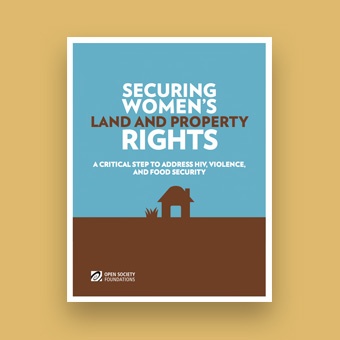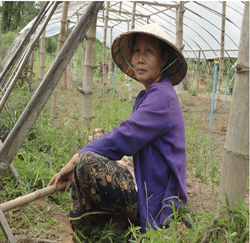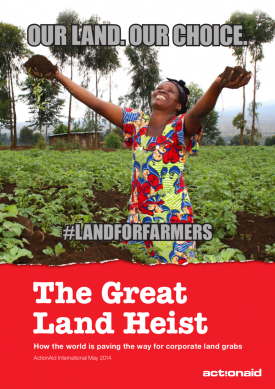Ley Nº 477 – Ley contra el avasallamiento y tráfico de tierras.
La presente Ley tiene por finalidad precautelar el derecho propietario, el interés público, la soberanía y seguridad alimentaria, la capacidad de uso mayor y evitar los asentamientos irregulares de poblaciones. Para ello establecer el régimen jurisdiccional que permita al Estado resguardar, proteger y defender la propiedad privada individual y colectiva, la propiedad estatal y las tierras fiscales de los avasallamientos y el tráfico de tierras.









